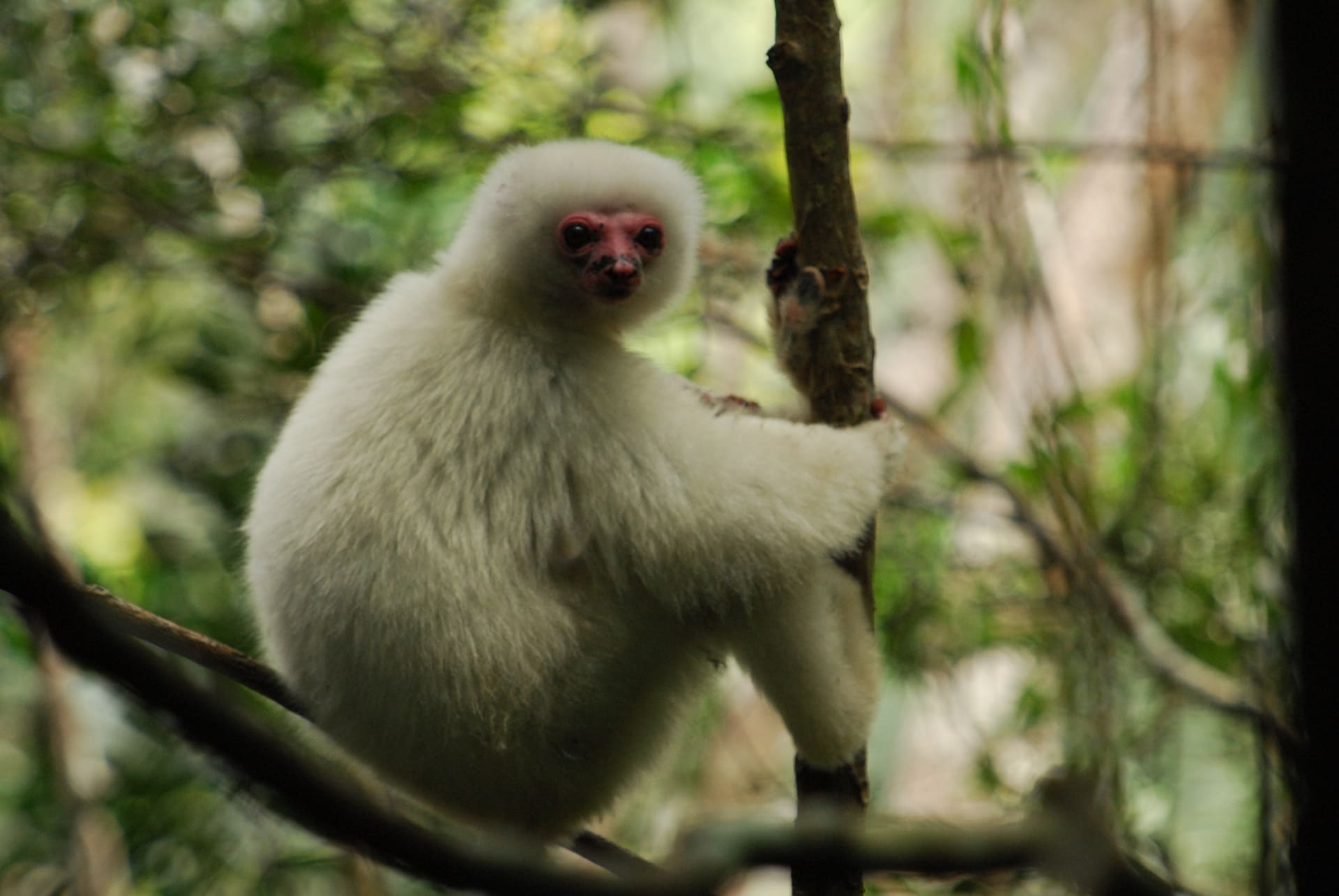 " alt="Supporting Zoo Zurich in the ecological restoration and reforestation of a critical forest corridor in Makira Natural Park, Madagascar">
" alt="Supporting Zoo Zurich in the ecological restoration and reforestation of a critical forest corridor in Makira Natural Park, Madagascar">
Supporting Zoo Zurich in the ecological restoration and reforestation of a critical forest corridor in Makira Natural Park, Madagascar
Grantee: Zoo Zurich AG
Location: Madagascar, Africa
Grant Cycle: 2024 – 2027
Type of Grant: three-year program support,
Environment & Biodiversity Protection
Website: zoo.ch/naturschutz-masoala
Environment & Biodiversity Protection
Founded in 1929, Zoo Zurich is a renowned zoological institution committed to nature conservation, species protection, research, and education. The institution actively supports and participates in international programs focused on breeding endangered species and restoring natural habitats through in-situ conservation efforts. All its conservation initiatives emphasize sustainability by enhancing the livelihoods of local communities.
In 2000, Zoo Zurich partnered with the Wildlife Conservation Society (WCS) in Madagascar to support and fund community-based conservation efforts in and around Masoala National Park and Makira Natural Park. WCS’s mission is to ensure the long-term survival of the island’s unique species and ecosystems, through science-based conservation strategies, community engagement, and the restoration of critical habitats.
Makira Natural Park, located in northeastern Madagascar, is one of the country’s largest remaining expanses of primary lowland and mid-elevation rainforest. It serves as a vital refuge for 17 endemic lemur species, including four classified as critically endangered. However, despite its vast and largely intact forests, these species remain under growing threat from habitat loss and hunting. A key feature of Makira Natural Park is its northern forest corridor, which links the park to Anjanaharibe Sud Special Reserve. This corridor is essential for maintaining habitat connectivity for the Silky Sifaka lemurs and other wildlife, preserving the ecological integrity of the broader landscape. However, between 2001 and 2017, over 460,000 hectares of tree cover were lost in the region, severely impacting these fragile corridors. This degradation threatens not only biodiversity but also essential ecological functions such as carbon storage, water regulation, and soil fertility. Restoring and preserving these corridors is crucial to preventing further habitat fragmentation and protecting both wildlife and ecosystem services. The challenges in Makira are further exacerbated by unsustainable subsistence farming practices, particularly slash-and-burn agriculture for rice cultivation. With few economic alternatives, many local communities depend on forest clearing for agriculture, resulting in severe deforestation, land degradation, and habitat fragmentation.
Over the years, the Nando and Elsa Peretti Foundation (NaEPF) has supported several projects in Madagascar, focusing on both environmental conservation and the social and economic development of local communities. NaEPF’s commitment to protecting Madagascar’s environment and strengthening sustainable economic activities continues today through its partnership with Zoo Zurich in restoring degraded forest corridors and introducing sustainable agroforestry systems.
The project supported by NaEPF aims to ecologically restore the northern forest corridor of Makira Natural Park, enhancing biodiversity conservation while improving the livelihoods of local communities by the implementation of sustainable agroforestry systems to reduce agriculture- driven deforestation. The project will combine ecological restoration with coffee-based agroforestry systems, which will support not only coffee but also other cash crops and food sources, such as pineapple, banana, cassava, and ginger. This approach offers communities diverse income opportunities, reducing their reliance on deforestation for agriculture, while improving food security and enhancing habitat connectivity for lemurs.
The project has four main objectives:
- Restore 80 hectares of degraded forest corridor by replanting native tree species to increase forest cover an improve habitat connectivity.
- Establish coffee agroforestry systems across 40 hectares of degraded community agricultural lands, benefiting locals by supporting livelihoods and reducing dependence on unsustainable farming practices.
- Integrate native tree species into agroforestry systems to foster biodiversity on community lands.
- Monitor tree growth and habitat functionality, ensuring restored areas support increased species diversity.
By addressing the intertwined issues of deforestation, habitat fragmentation, and poverty-driven unsustainable farming practices, the project aims to enhance the ecological integrity of the park while providing long-term socio-economic benefits for the local population. Ultimately, it seeks to create a sustainable model that balances biodiversity conservation with community well-being, contributing to long-term conservation goals in Madagascar.
 Silky Sifaka (Propithecus candidus) lemur, Madagascar ©All rights reserved Jeff Gibbs
Silky Sifaka (Propithecus candidus) lemur, Madagascar ©All rights reserved Jeff Gibbs
